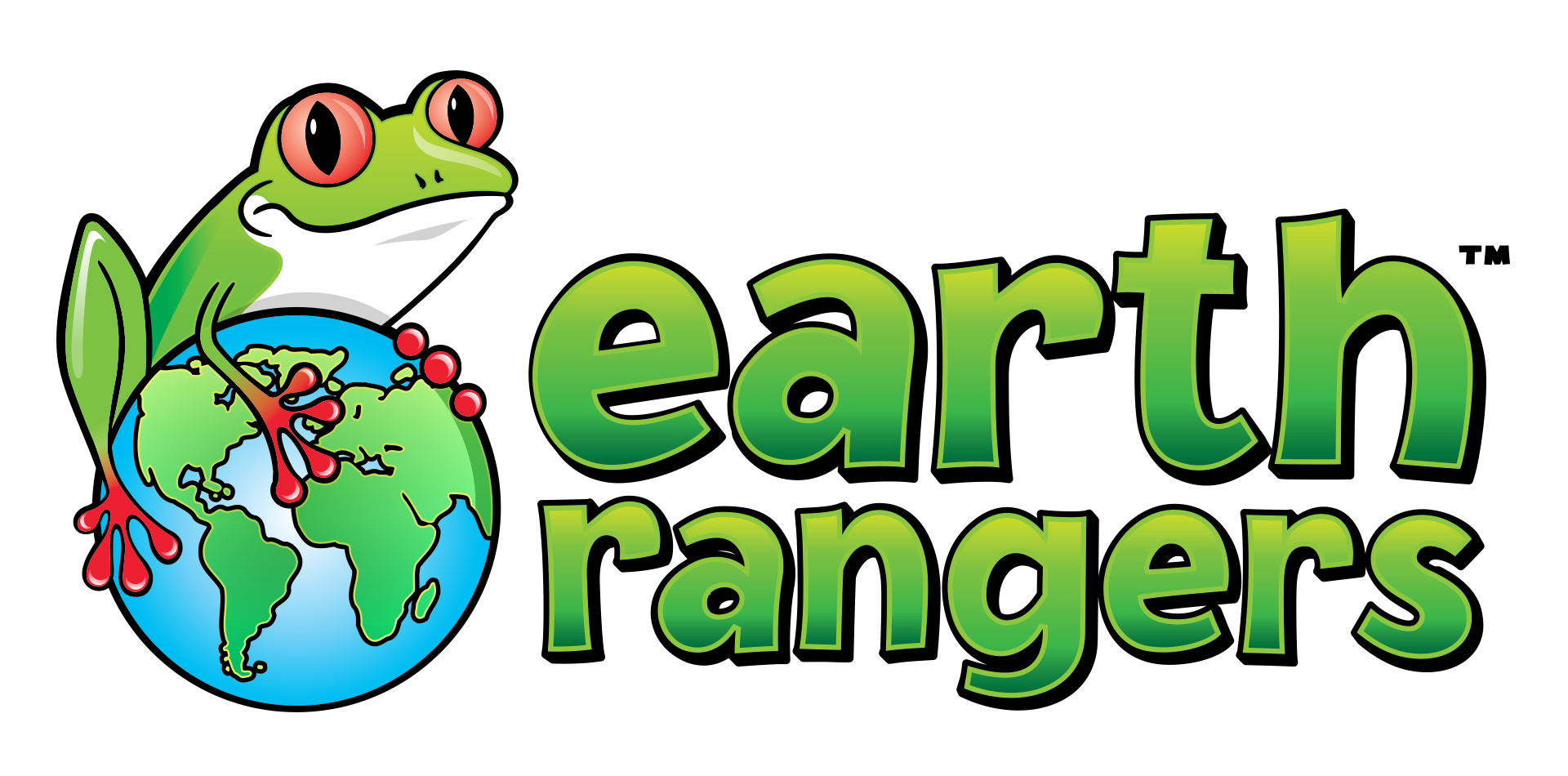With the world’s population growing bigger and bigger, we need more food than ever to feed everyone. Unfortunately, with the impacts of climate change (like drought), it’s getting harder to grow enough food to go around and get it to where it is needed. Luckily, there are tools that can lend a helping hand to farmers and it’s all thanks to STEM! Let’s take a closer look…

Farming Challenges
Imagine you’re a farmer. Your days are long, busy, and full of MANY different decisions. It’s your job to plant crops, figure out how much water they need, keep them healthy and free from disease, try to keep pests from eating them, and then harvest them on time. Plus, if you have animals on your farm, you need to take care of them too. Talk about a long To Do list! Good thing Watson is coming to the rescue!
Who’s Watson?
Watson isn’t a who, but a what! It is a collection of super cool technologies that use artificial intelligence, research and data to help solve problems. These technologies make it easier for us to communicate with computers using English and other human languages. They also dig through tons of data, looking at more than what a person could review in a lifetime. There are a bunch of different Watson tools, including one that farmers can use called the Watson Digital Platform for Agriculture. Created by IBM, this amazing tool can help farmers have super successful growing seasons.

How does it work? First, Watson creates an electronic field record (EFR) for each farm. This record contains all the data this tool needs to make decisions. It includes weather information from ‘The Weather Company’, information about soil quantity and moisture, data gathered from equipment (like seed drills and sprayers) using the ‘Internet of Things’, data about how the farm works on a day-to-day basis, and pictures from satellites. That’s a LOT of information! Now what?

Using the Data
After gathering ALL that information, the Watson tool uses Artificial Intelligence to review the data and makes suggestions to the farmers about how to run their farms more smoothly. Farmers can see all the information and suggestions and then decide what’s best for their farm. For example, if Watson looks at drone footage of a crop that shows it has been attacked by pests, Watson can alert the farmer and make suggestions for what they can do to save their plants.
But stopping pests isn’t the only thing Watson can help farmers do. It can also help them figure out the best time to plant and harvest, show them ways to keep their crops healthy, and alert them of diseases or other threats. Watson is there to go through the massive amounts of data so we can make better decisions.
What can you do to help?
Want to do your part to make sure there’s enough food to go around? Don’t waste the food you have! Check out the Food Waste Warrior Mission and challenge your family to stop wasting food. When you accept this Mission, you’ll learn how you can help stop food waste at home and at the store.
Accept the Food Waste Warrior Mission today!

Farms and farmers will always be incredibly important. We need more food than ever to keep people on our planet fed. That’s why it’s up to smart STEMologists like you to think about how STEM can be used to help people with all sorts of different jobs – even ones that don’t traditionally use STEM. With Science, Technology, Engineering and Math we can all make the world a better place!
Series in collaboration with:

IBM and the IBM logo are trademarks of International Business Machines Corp., registered in many jurisdictions worldwide.
Source: https://www.ibm.com/blogs/research/2018/09/smarter-farms-agriculture/

I found this interesting because it is a very smart idea, because Watson helps to keep pest away from the farmers crops. This help ensure that farmers can make the right decisions.
I only eat 3 meals a day and have one little snack like a banana in between. And my parents don’t let me drink pop or get ice cream often. I
Had ice cream 3 days ago but that was the first time in a month
I never knew that farmers did that much work! I waste a lot of food. From now on I won’t waste as much food.
Don’t waste food! This article is very neat.
My grandma & grandpa are farmers
I love the farms so much! they are so interesting
I always save my food. I eat every bit that is edible.
Wow! So cool. I can’t wait to read more!!!!!
Awsome
My Dad is trying to stop Climate Change so he is creating an Institute called “The Cascade Institute” to figure out ways to reduce pollution!
My Mum is working on how to make people use less water!